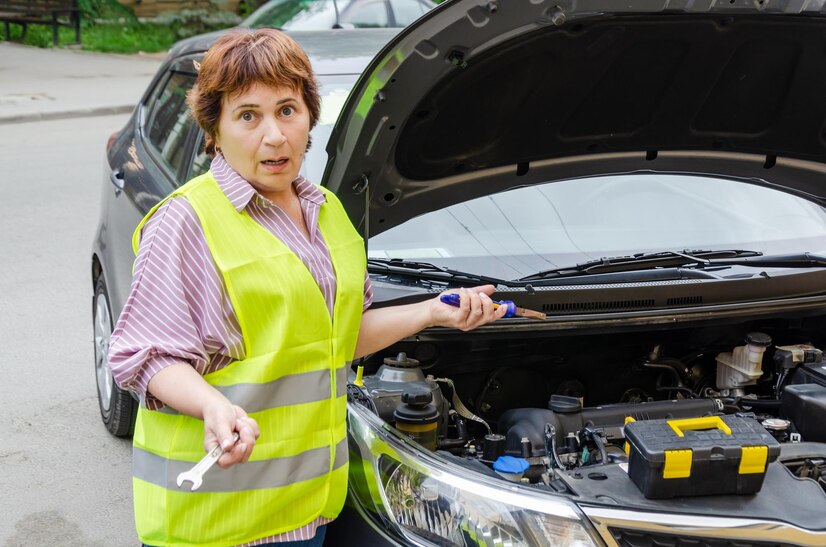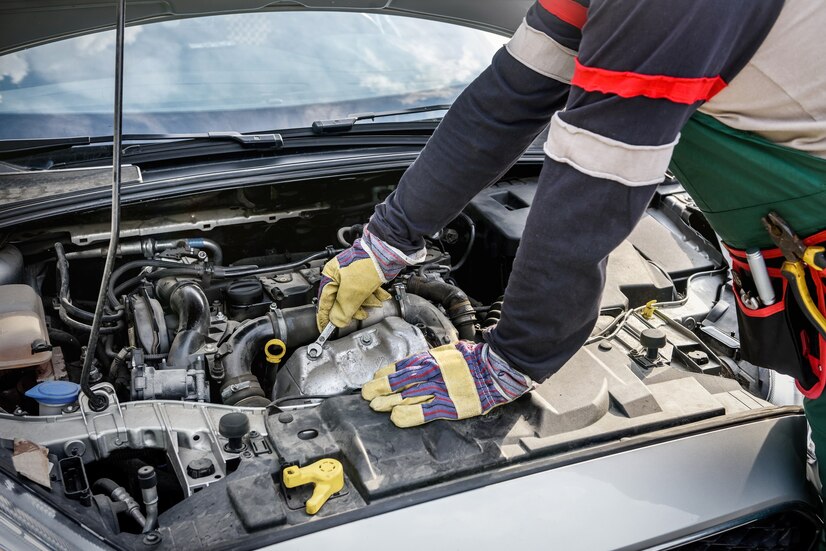
What Should I Repair First on My Car?
When it comes to car maintenance, there are a lot of things that can go wrong. From minor issues like a burnt out headlight to major problems like engine failure, it’s important to prioritize which repairs should be addressed first. But with so many potential issues, how do you know what to fix first? In this guide, we’ll discuss some general guidelines for prioritizing car repairs and help you determine what should be repaired first on your car. So let’s get started!
What Causes Car Problems?
Before we dive into which repairs should take precedence, it’s important to understand the common causes of car problems. Generally, there are three main factors that contribute to a car needing repairs:
- Wear and tear: Over time, parts of your car will naturally wear down and need to be replaced. This can include things like brake pads, tires, or belts.
- Lack of maintenance: If you neglect regular maintenance tasks like oil changes or tire rotations, it’s more likely that your car will experience problems.
- Accidents: It’s unfortunate that accidents can occur and cause significant damage to your vehicle. Repairs are typically necessary in these situations to get your car back on the road. To find the best car finance option, it’s important to consider all of your options and find a plan that fits your budget.
Safety First: Addressing Critical Issues
When it comes to prioritizing car repairs, safety should always be the number one concern. Any issues that compromise the safety of you or your passengers should be addressed immediately. These can include:
- Brakes: If you notice any issues with your brakes, such as squeaking or grinding noises, it’s crucial to get them checked out right away. Without functioning brakes, your car is a danger on the road.
- Tires: Bald or worn tires can impact your car’s ability to grip the road and can increase your chances of getting into an accident. Make sure to regularly check your tire tread and replace them when necessary.
- Lights: Headlights, brake lights, and turn signals are all essential for safe driving. If any of these are not functioning properly, it’s important to have them fixed as soon as possible.
Preventing Further Damage
After addressing any safety concerns, the next priority should be preventing further damage to your car. This can include:
- Fluid leaks: If you notice any fluids leaking from your car, it’s important to have them checked out. Ignoring leaks can lead to more significant and costly issues down the road.
- Warning lights: Modern cars are equipped with warning lights that indicate when there may be a problem. If any of these lights come on, it’s best to address the issue promptly before it causes further damage.
- Strange noises: Any unusual noises coming from your car should be investigated. They can be a sign of underlying issues that, if left unaddressed, could cause further damage.
Considering Cost and Convenience
Finally, when prioritizing repairs on your car, it’s essential to consider cost and convenience. Some repairs may not be urgent but can still impact the overall performance of your vehicle. These repairs should be addressed as soon as possible to avoid any further damage or inconvenience. Consider the following factors when determining which repairs should take priority:
- Mileage: As your car ages, certain parts will naturally wear out and need to be replaced. Keep track of your mileage and pay attention to recommended maintenance tasks for your specific make and model.
- DIY vs professional repairs: Some repairs can be done on your own, while others require the help of a professional mechanic. Consider the time and cost associated with each option before making a decision.
- Warranty coverage: If your car is still under warranty, it’s important to prioritize any necessary repairs that are covered. This can save you money in the long run and ensure that your car is functioning at its best.
FAQs
Q: How often should I get my car checked for potential issues?\
A: It’s recommended to have your car inspected by a professional mechanic every 6-12 months, depending on the age and mileage of your vehicle.
Q: Can neglecting regular maintenance tasks lead to more significant problems?\
A: Yes, skipping regular maintenance tasks can result in more significant issues down the road and potentially costly repairs.
Q: Can I prioritize convenience over safety when it comes to car repairs?\
A: No, safety should always be the top priority. Ignoring safety concerns can put you and others at risk on the road.
Q: Is it necessary to follow recommended maintenance schedules for my car?\
A: Yes, following recommended maintenance schedules can help prevent future problems and extend the life of your vehicle.
Q: Can I ignore warning lights if my car seems to be running fine?\
A: No, warning lights are an indication that there may be an issue with your car. Ignoring them could lead to more significant problems in the future.
In conclusion, when it comes to prioritizing car repairs, safety should always be the primary concern. Any issues that compromise the safety of you or others on the road should be addressed immediately. After addressing safety concerns, it’s essential to prevent further damage and consider cost and convenience when determining which repairs should take priority. Remember to regularly maintain your vehicle and address any issues promptly to keep your car running smoothly and avoid costly repairs in the future. Stay safe out there on the road!




